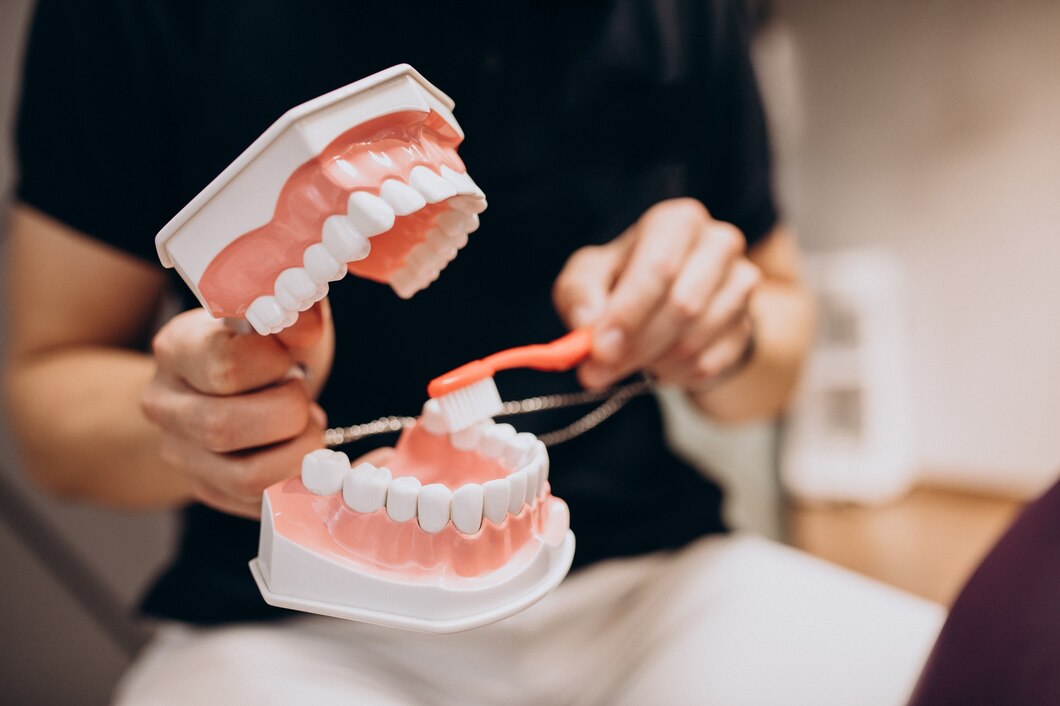Preventive dental care involves steps taken to maintain oral health before serious issues arise. These practices include regular dental check-ups, scaling (tartar cleaning), fluoride treatments, and advice on good oral hygiene habits. While these measures may seem simple, preventive dental care significantly impacts dental health and helps prevent the development of more serious and costly conditions in the future.
Early Detection of Dental Issues
One of the primary benefits of preventive care is the early detection of dental problems. Through regular dental visits, conditions such as cavities, gum disease, or other oral health issues can be identified early. The earlier a problem is detected, the easier and more affordable the treatment. For example, a simple filling is far more cost-effective than a root canal or tooth extraction, which require more complex and expensive procedures.
Reducing the Risk of Dental Diseases
Preventive care also reduces the risk of developing severe dental diseases, such as periodontitis. This gum disease can damage the tissues supporting the teeth and cause tooth loss if left untreated. Once such conditions develop, treatment becomes intensive and costly, often involving oral surgery or dental implants. By taking preventive measures like regular tartar cleaning and maintaining proper oral hygiene, the risk of periodontitis is minimized, thereby avoiding expensive treatments.
Minimizing the Risk of Systemic Health Issues
Furthermore, preventive dental care helps reduce the risk of systemic health issues linked to oral health. Research shows that poor oral hygiene can contribute to other health conditions, such as heart disease and diabetes. Maintaining good oral hygiene not only protects the teeth but also helps prevent broader health complications, potentially saving on long-term medical costs associated with these conditions.
Improving Quality of Life
In the long run, preventive dental care enhances one’s quality of life. Healthy, strong teeth allow individuals to eat comfortably, smile confidently, and speak clearly. These factors contribute to psychological and social well-being, reducing potential costs associated with psychological issues stemming from dental function loss or compromised aesthetics.
Although preventive dental care may require an initial investment, it is far more cost-effective compared to invasive dental treatments in the future. By maintaining dental health early through preventive measures, individuals save on costs while also improving their overall quality of life. This effort supports the Sustainable Development Goals (SDGs), particularly Goal 3: Good Health and Well-being.
Author: Rizky B. Hendrawan | Photo: Freepik

